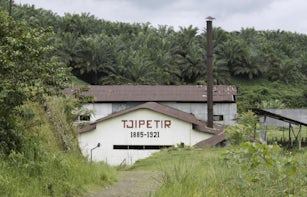Confessions of a Global Urbanist
In the affluent societies of the West, economic ‘crisis’ is usually portrayed as a temporary state of emergency. In other countries around the globe that have come to bear the full force of the negative economic, ecological and social consequences that the economies of the ‘first world’ skilfully externalise, crisis has become a habitual state of normality. In capitalism, the only way to produce and secure profit for some is to make sure that others pay the costs. Keeping the countries of the ‘third world’ in a deadlock of permanent crisis – so the general theory goes – allows the ‘first world’ to retain its privileges by covertly ensuring the continued economic dependence of the former colonial states (and by now partially also the states of the collapsed Soviet Union). In this theory capitalism not only produces but also instrumentalises the forces of crisis to sustain the relations of exploitation that form its basis.



